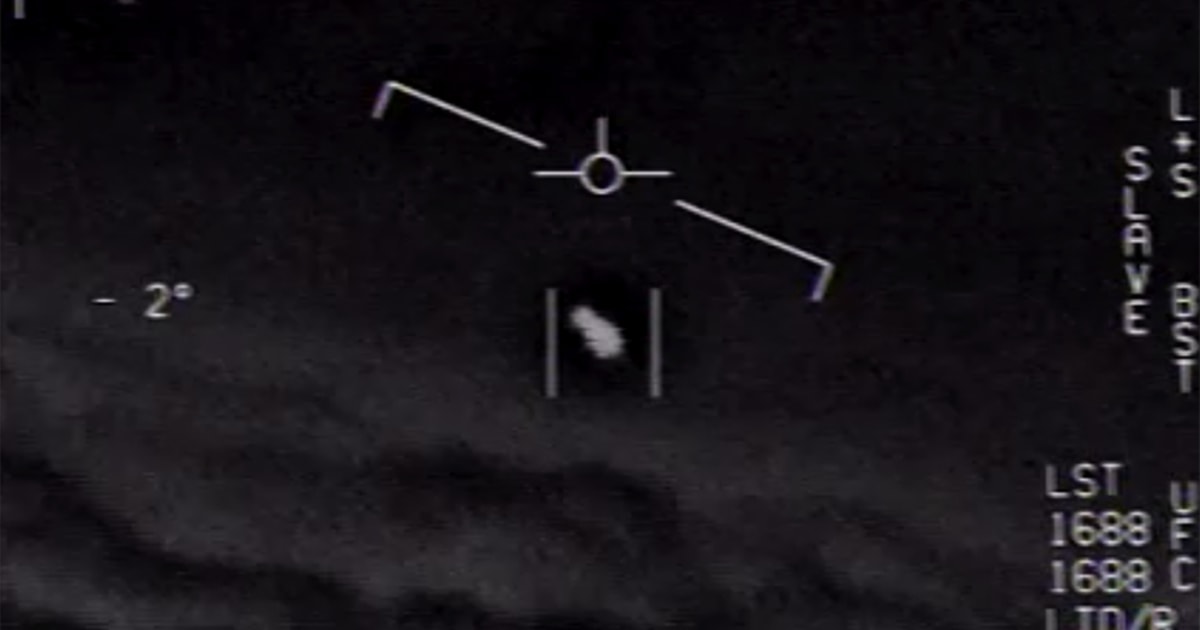Core Concepts
The author argues that academia and industry should take UFO research more seriously to potentially unlock groundbreaking scientific advancements and technological innovations.
Abstract
In a time of significant innovation, the author highlights the importance of studying UFOs seriously for potential breakthroughs often dismissed by academia and industry. The government's shift towards acknowledging unidentified aerial phenomena (UAPs) contrasts with the skepticism prevalent in other sectors. Notable figures like Elon Musk have shown reluctance to engage with the topic, reflecting a broader trend of dismissal among prominent scientists and industry leaders. Despite increasing attention from retired officials and upcoming reports on UAPs, there remains a lack of curiosity and serious investigation within academia and industry. The author emphasizes the potential benefits of exploring UFO phenomena, including advancements in various scientific fields and technologies. Encouraging academics and industry leaders to move past biases, the author suggests that embracing open-minded investigations into UFOs could lead to significant discoveries with far-reaching implications.
Opinion | The Pentagon has stopped laughing about UFOs. Why hasn't Silicon Valley?
Stats
Navy pilots reported a craft resembling a Tic Tac that defied normal laws of physics.
Craft movements included descending from 80,000 feet to 20,000 feet instantly, stopping midair without inertial effects, exceeding sound speed without sonic booms, and submerging into the ocean.
Former national security officials mentioned "a lot more sightings than have been made public."
Lue Elizondo ruled out U.S. or adversary origins for Tic Tac craft.
U.S. Navy pilots described the craft as "Something not from Earth."
Quotes
"Scientists in Europe who dismissed the idea of rocks falling out of the sky eventually opened their minds enough to discover meteorites."
"In a time of significant innovation, there are major breakthroughs that could well come from the serious study of a phenomenon we too often mock: UFOs."
"The most famous example occurred when Navy pilots reported a craft resembling a Tic Tac that was moving unlike anything seen in the U.S. arsenal."
Key Insights Distilled From
by Rizwan Virk at www.nbcnews.com 03-04-2024
https://www.nbcnews.com/think/opinion/u-s-military-takes-ufos-seriously-why-doesn-t-silicon-ncna1264107
Deeper Inquiries
How can academia overcome its reluctance to engage with unconventional topics like UFO research?
Academia can overcome its reluctance to engage with unconventional topics like UFO research by fostering a culture of open-mindedness and curiosity. Encouraging interdisciplinary collaboration between fields such as astrophysics, materials science, biology, quantum physics, cosmology, and social sciences could help break down silos and stimulate new perspectives on the subject. Additionally, providing funding opportunities for researchers interested in exploring UFO phenomena could incentivize academic institutions to take the topic more seriously. By promoting rigorous scientific inquiry and peer-reviewed studies on UFOs, academia can gradually shift away from dismissing the topic towards embracing it as a legitimate area of study.
What impact could serious investigation into UFO phenomena have on existing scientific paradigms?
Serious investigation into UFO phenomena has the potential to challenge and reshape existing scientific paradigms across various disciplines. The discovery of advanced technology or materials that defy current understanding could lead to groundbreaking advancements in aerospace engineering, propulsion systems, materials science, and even our understanding of physics. If researchers were able to replicate or understand the principles behind these unidentified aerial phenomena (UAPs), it could revolutionize transportation technologies both on Earth and beyond. Furthermore, insights gained from studying UAPs may prompt revisions in cosmological theories about life beyond Earth and our place in the universe.
How might societal perceptions about UFO research evolve if more academics and industry leaders embrace open-minded investigations?
If more academics and industry leaders embrace open-minded investigations into UFO research, societal perceptions about this topic are likely to undergo significant changes. As reputable scientists lend credibility to the study of UAPs through rigorous research methods and empirical evidence, public skepticism may give way to increased interest and acceptance of the phenomenon as a valid area of scientific inquiry. Media coverage highlighting credible findings from academic studies could also contribute to shifting public opinion towards viewing UFO research as a legitimate field deserving serious attention. Ultimately, greater engagement from academia and industry leaders may lead to broader acceptance within society that investigating unidentified aerial phenomena is not only worthwhile but essential for advancing our understanding of unexplained aerial events.
0
